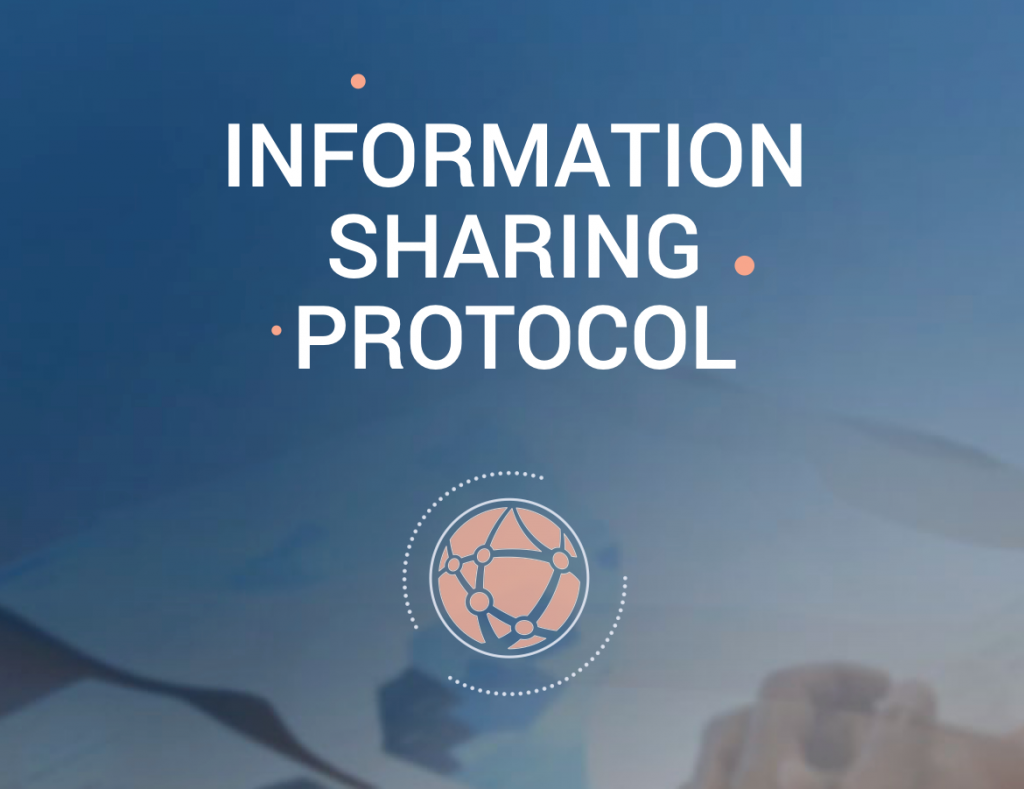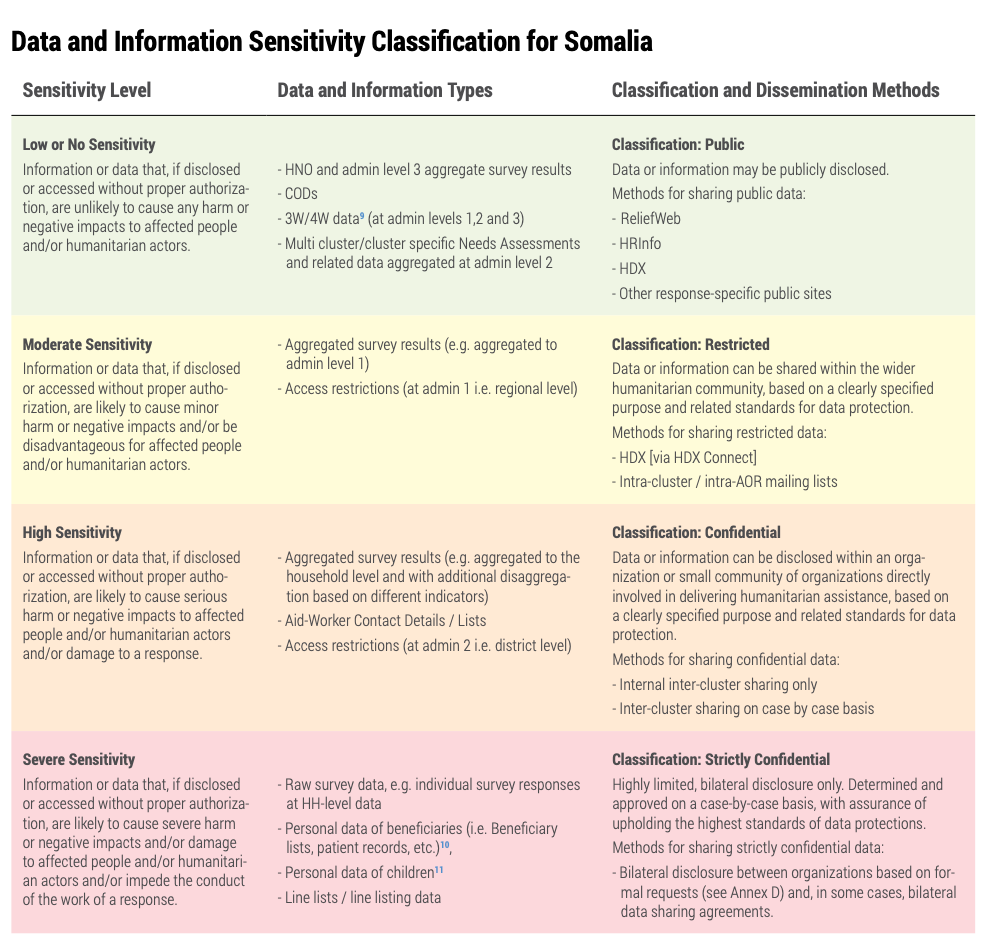Share
The Centre spoke with Albert Abou Hamra, Head of the Information Management Unit with OCHA Somalia, based in Mogadishu. OCHA Somalia recently led a process to develop a response-wide Information Sharing Protocol (ISP) for the humanitarian operation in Somalia, based on the IASC Operational Guidance on Data Responsibility in Humanitarian Action. We discussed the process for developing the ISP, classifying data sensitivity levels, and advice for other offices as they develop their own guidance.
This interview was conducted by Jos Berens, Data Policy Officer with the Centre. It has been edited and condensed for clarity.
Why did you develop an Information Sharing Protocol?
Given the sensitive data that is managed in the Somalia response and the increasing number of requests we were receiving about how to handle data responsibly, we decided to develop an ISP to mitigate risks related to data management. Colleagues in the OCHA Somalia office were familiar with the relevance of ISPs through previous engagements with the Centre, so we had a good understanding of how to approach this work.
The primary purpose is to offer clarity on information sharing within the humanitarian community. This includes international and national non-governmental organizations (NGOs), United Nations agencies, clusters (health, protection, education etc.) and other implementing partners. In addition, the ISP can be used as a reference for third parties such as governments and donors. The protocol promotes a common understanding of data responsibility requirements among all stakeholders involved at each stage of information sharing.

How did you go about developing it and who was involved?
At the initiative of the OCHA Somalia office, the Inter-Cluster Coordination Group (ICCG) and the Somalia Information Management and Assessment Working Group (IMAWG) collaborated to create the ISP in compliance with IASC guidance. The Centre provided close support throughout the process, including in the development of an initial internal draft. We then had several meetings with the ICCG and IMAWG to get input on the first draft.
The next step was to share the draft with each cluster individually. This review process took about a month. Once finalized, it was shared with the ICCG and IMAWG for approval. The Humanitarian Country Team reviewed the final version and endorsed it in September 2021. The ISP will be updated on a regular basis as part of a collaborative process monitored by the ICCG and IMAWG.
What does the ISP cover?
The Somalia ISP was developed to complement and not replace existing policies and guidance in the response. Reflecting this explicitly in the document was important in order to get all partners on board. We made sure to reference existing protocols and related guidance to help partners understand how this ISP relates to other documents.
The Data and Information Sensitivity Classification is a key component of the ISP. Unauthorized disclosure or access to sensitive data can harm affected populations, negatively impact humanitarian organizations, and lead to a breakdown in trust within the response. This is why it is critical to be clear about the level of sensitivity and to always manage data accordingly. When adapting the classification for the Somalia context, we found it particularly helpful to discuss and agree with our partners on the right level of aggregation for different types of data by sensitivity level. For example, the classification shows the admin level at which data related to access restrictions should be shared within and between clusters.

What has been the impact of the ISP in the response?
Humanitarian partners are starting to align their practices with the guidance in the document. Alongside the ISP, data responsibility in the Somalia response is strengthened further through complementary policies, data sharing agreements, standard operating procedures and other guidance. This is unique in the region.
The drafting process itself also fostered a common understanding of key issues related to data responsibility among the organizations involved, particularly in defining the different levels within the sensitivity classification. In addition, the ISP has helped inform ongoing discussions with the Government on collaboration regarding humanitarian data management.
Do you have any advice for other OCHA offices?
While the development of an ISP can take some time, there are a few ways to make the process easier. Start by developing an internal draft within the OCHA office, with support from the Centre. Be sure to take into account existing cluster-specific protocols and guidance in order to build on existing practices and to support alignment. Once this first draft is ready, engage the various coordination groups. Sequence the feedback from these different groups, rather than collecting feedback all at once, and share a final version with all partners to secure buy-in and support. Once endorsed by the HCT, share the ISP publicly and offer briefings to stakeholders as useful.